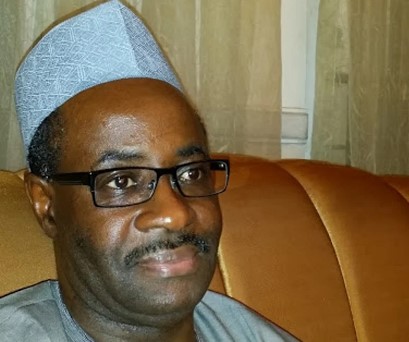The Director-General of the Budget Office, Tanimu Yakubu, has outlined the three pillars driving the economic strategy of President Bola Tinubu’s administration: foreign exchange reform, large-scale infrastructure investment, and energy development.
Yakubu shared these insights in his essay titled “From Fragility to Foundations: Inside PBAT’s Political Economy.” He explained that the administration’s bold decisions—particularly floating the naira and settling outstanding foreign exchange liabilities—have started to rebuild investor confidence.
He highlighted that in early 2024, the naira collapsed to ₦1,800 per dollar, creating widespread concern for households and businesses. By August 2025, however, the currency had strengthened to ₦1,525, a development Yakubu described as proof of Tinubu’s broader political economy framework.
“Currency reform was the first bold stroke. By floating the naira, clearing a $4 billion foreign exchange backlog, and bringing remittances into official channels, the government restored some measure of trust,” Yakubu wrote.
According to him, ongoing infrastructure projects in transportation and energy are designed to cut business costs, expand market connectivity, and unlock long-term growth. He stressed that President Tinubu’s model rests on three foundations: a credible currency, concrete infrastructure, and kilowatts of power.
Yakubu added that the strategy aims not only at stabilising the economy but also at laying sustainable foundations for inclusive growth in Nigeria.















